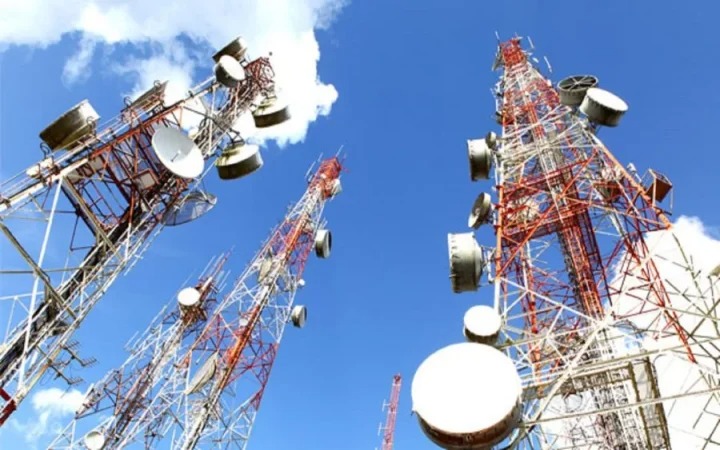Nigeria’s telecommunications network is facing one of its most serious operational threats in years as a diesel supply blockade intensifies, putting more than 16,000 base stations at risk of shutdown. The disruption, driven by an ongoing labour dispute, has raised urgent concerns about potential mobile service blackouts across Lagos, Kaduna, Delta, and several other regions.
Diesel is the primary fuel source for powering telecom base stations in Nigeria, especially in areas where public electricity is unreliable or non-existent. With the current blockade preventing suppliers from delivering fuel, telecom operators are warning of imminent service interruptions that could ripple far beyond phone calls and internet browsing.
Industry experts point out that Nigeria’s mobile and data services are the backbone of several critical sectors, including banking, healthcare, education, logistics, and government services. A prolonged outage could halt mobile banking transactions, interrupt emergency response coordination, and cut off access to digital classrooms that millions of students now rely on.

According to telecom association officials, the situation has already placed operators on an emergency schedule, rationing fuel across their network towers in an effort to maintain minimal coverage. However, if the supply chain remains blocked, this stopgap measure could collapse within days, leading to widespread communication breakdowns.
The stakes are particularly high in Lagos, Nigeria’s commercial nerve centre, where high-density urban areas rely heavily on uninterrupted connectivity for business operations. In Kaduna and Delta, where rural coverage often depends entirely on diesel-powered sites, the blackout threat could further deepen the digital divide between urban and rural communities.
This crisis underscores a long-standing challenge in Nigeria’s telecom sector: its vulnerability to disruptions in power and fuel supply. While the industry has seen major investments in network expansion, it still heavily depends on alternative power sources due to the instability of the national grid.
Policy analysts argue that the current blockade is not just an operational challenge but a wake-up call for the government and industry to accelerate the shift toward renewable energy solutions for telecom infrastructure. Solar-powered towers and hybrid systems have been tested in parts of Nigeria but remain far from being scaled to meet nationwide demand.
For now, telecom operators, government mediators, and labour unions are engaged in urgent negotiations to resolve the dispute. If no breakthrough is achieved, millions of Nigerians could wake up in the coming days to find their mobile networks offline, cutting them off from digital services they have come to depend on for work, education, safety, and daily life.
The unfolding situation serves as a stark reminder that while Nigeria’s digital future is bright, its present still depends on solving the fundamental challenges of energy security and infrastructure resilience.



